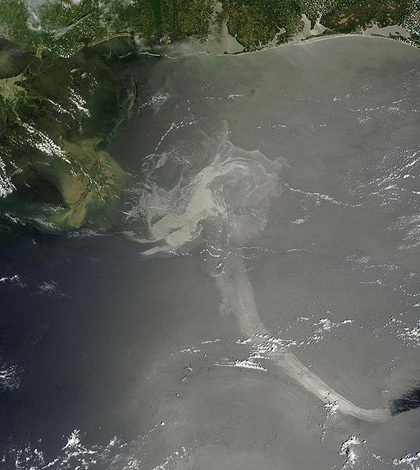Scientist: Studying Deepwater Horizon Effects Difficult Due To Lacking Baseline Data

In a press release from the University of Georgia, a professor lays out some ways in which studying the Deepwater Horizon oil spill and other disasters impacting the environment is currently difficult due to a lack of sufficient baseline ocean data before they occurred.
To make up for it, both water column data and seafloor baseline data are needed, the researcher says, as the Deepwater Horizon disaster is likely to have greatly impacted both. It is believed baseline data could be collected for about eight to ten regions, at different depths and different seasons, to account for the current baseline data shortage.
Biological communities and processes would also have to be monitored to capture their natural patterns along the entire water column, as well as on the seafloor. New baseline data would also need to include the responses of microbial communities to changes in the water column. Nutrient and particle dynamics should also be included in the data gathering.
Top image: A satellite image of the Deepwater Horizon oil spill in the Gulf of Mexico (Credit: NASA)




0 comments